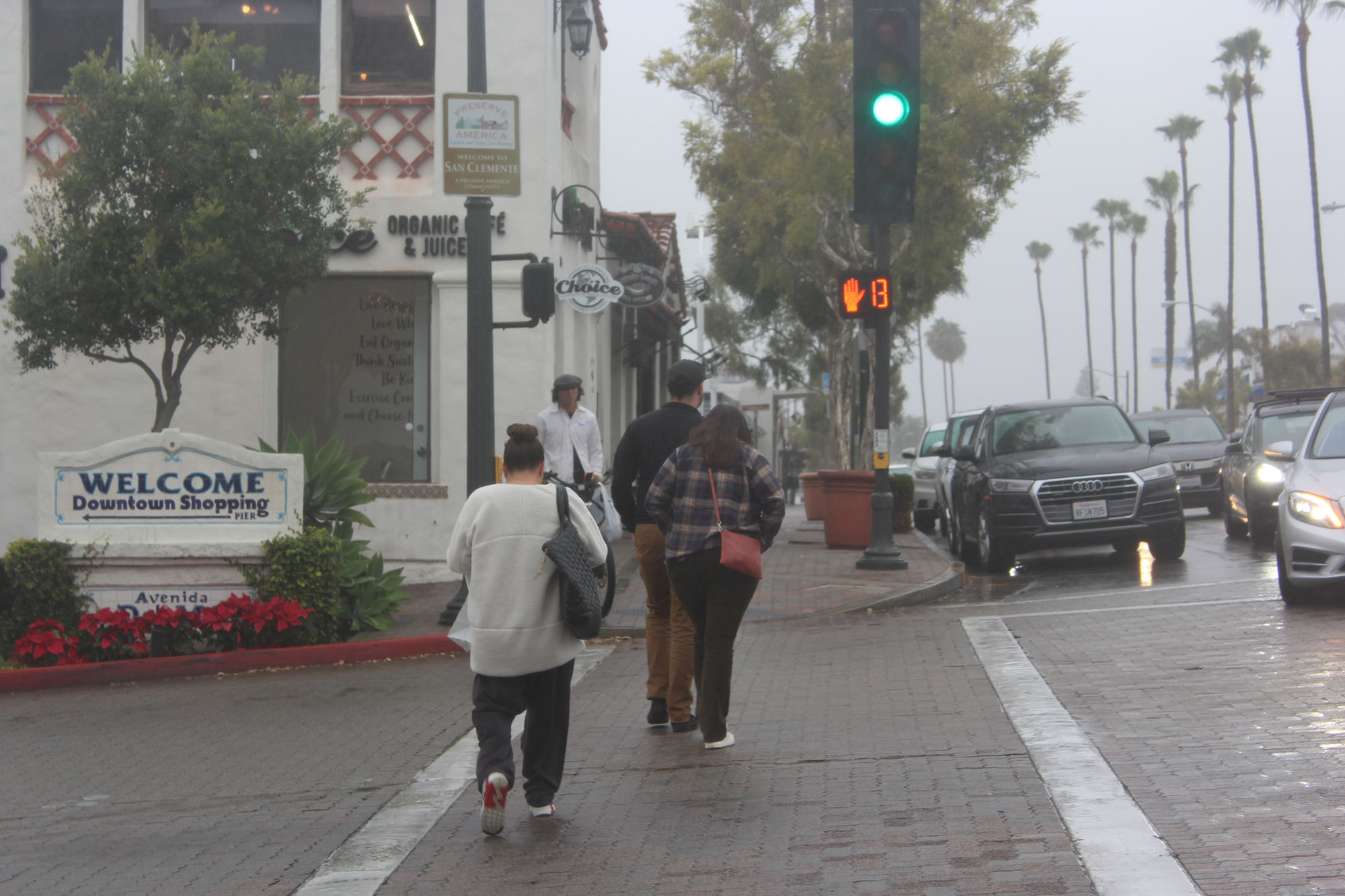
A new year is upon us, and so, in California, there is a slate of new laws.
Legislation going into effect for 2023 covers a wide variety of issues, from labor to court trials. Here’s an overview of some legislative changes in the Golden State:
Pay Transparency
Senate Bill 1162 requires an employer to include the pay scale in a job posting if they have 15 or more employees. The bill was introduced by State Sen. Monique Limόn (D-Santa Barbara) and approved by Gov. Gavin Newsom in September 2022. State Assemblymember Cristina Garcia and State Sen. Nancy Skinner are co-authors.
In a news release issued in February 2022, Limόn’s office said SB 1162 is intended to “help close the wage gap by requiring the disclosure of salary ranges on all job postings, and to make employer internal promotional opportunities available to current employees.”
Protection Against Liabilities for Abortions
Abortion has been a hot topic of national discussion after the Supreme Court overturned Roe v. Wade last year.
Several state measures are addressing the matter, including Assembly Bill 2223, which prohibits a person from being subject to civil or criminal liability, “or otherwise deprived of their rights,” for an abortion or actions related to pregnancy.
The bill would also authorize anyone whose rights are protected by the Reproductive Privacy Act to take legal action if those rights are interfered with by a statute or other state or local rule.
State Assemblymember Buffy Wicks (D-Oakland) authored AB 2223.
Minimum wage
The minimum wage in California will increase to $15.50 an hour—a $1.50 increase for employers with 25 or fewer employees, a 50-cent increase for employers with 26 or more employees.
Senate Bill 3, enacted in 2017, sought to gradually increase the minimum wage over the years. The minimum wage was $10 back in 2017.
Jaywalking
If you’re at a crosswalk where no cars are coming and the pedestrian go sign hasn’t signaled, you’re free to cross without a risk of being ticketed.
Assembly Bill 2147 allows pedestrians to go over a crosswalk without being stopped by police or ticketed “unless a reasonably careful person would realize there is an immediate danger of collision with a moving vehicle or other device moving exclusively by human power.”
AB 2147, also known as the Freedom to Walk Act, was authored by State Assemblymember Phil Ting (D-San Francisco).
“It should not be a criminal offense to safely cross the street. When expensive tickets and unnecessary confrontations with police impact only certain communities, it’s time to reconsider how we use our law enforcement resources and whether our jaywalking laws really do protect pedestrians,” Ting said in a prepared statement.
“Plus,” he continued, “we should be encouraging people to get out of their cars and walk for health and environmental reasons.”
Using Rap Lyrics in Court Trials
Prosecutors may sometimes use lyrics recorded by hip-hop artists in criminal cases against a defendant.
That will be limited in California this year.
Assembly Bill 2799 requires a court, in criminal proceedings, to balance “creative expression” against “the substantial danger of undue prejudice.” In other words, rap songs recorded by a defendant—which may discuss crime—can’t automatically be used against them.
Whether songs or other artistic works would be allowed at trial would be determined beforehand and away from the jury.
State Assemblymember Reggie Jones-Sawyer wrote AB 2799. The governor’s office said rappers Tyga, YG, Meek Mill, Too $hort, Killer Mike, E-40 and Ty Dolla Sign partnered with Jones-Sawyer and Newsom on the legislation.
Pink Tax
Women may no longer be charged more for products marketed to them under what’s known as a “pink tax.”
Assembly Bill 1287, introduced by State Assemblymember Bauer Kahan (D-Orinda), intends to prohibit similar items being priced differently based on gender.
“ ‘The ‘pink tax’ is a gender-based penalty that harms women who are already paid less,” Bauer-Kahan said in a prepared statement. “This type of arbitrary gendered pricing has no place in California. It’s long past time to eliminate this type of inequality.”
